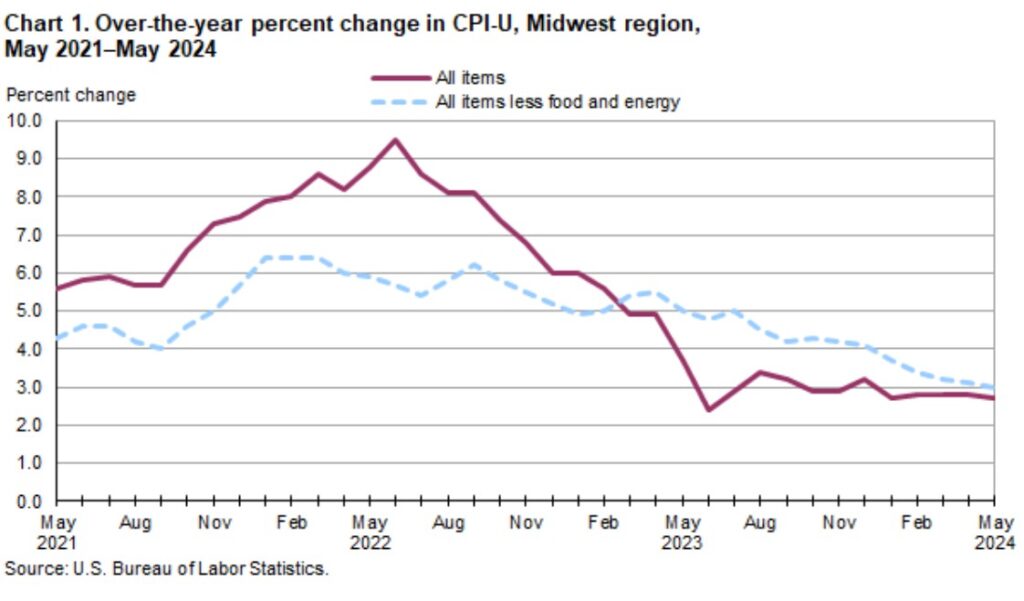By Jeffrey A. Roberts
CFOIC Executive Director
CORA’s maximum research-and-retrieval rate will jump to $41.37/hour on July 1, letting state and local government entities in Colorado charge up to 23.2 percent more to process requests for public records.
Legislative Council Director Natalie Castle calculated the new rate Wednesday using a formula spelled out in a 2014 amendment to the Colorado Open Records Act. It requires inflating the current $33.58 rate by the percentage change in the Denver-Aurora-Lakewood consumer price index since 2019.
Governments don’t have to adopt the new maximum rate, although many did so after it was last adjusted five years ago. CORA still requires the first hour of work fulfilling requests to be provided at no charge.
The $7.79-per-hour increase comes as no surprise to the Colorado Freedom of Information Coalition, which has been warning Coloradans about the impact of soaring inflation on CORA charges.
“If you think the cost of obtaining public records in Colorado is too high now, you’re not going to like what will happen in 2024,” we wrote in 2022.
Fees already can make public records so pricey they are effectively off limits to the public. In 2020 CFOIC published a report calling for the General Assembly to reevaluate CORA’s “unbalanced” research-and-retrieval fee provision, but that hasn’t happened.
Because the hourly rate in CORA can be multiplied by an unlimited number of hours (after the first free hour), it’s not uncommon for governments to quote journalists and members of the public hundreds or even thousands of dollars to compile, review and redact requested records. CFOIC’s 2020 report documented numerous examples and asked lawmakers to reestablish a “nominal” fees standard upheld by the Colorado Court of Appeals in 2003.
Although CORA at that time was silent on charges, except for copies, the appellate court found that it permitted a $15/hour research-and-retrieval fee and $20/hour for “exceptionally voluminous” requests. Those rates were “nominal in comparison to the time spent responding to the volume of requests,” the judges determined, relying on Black’s Law Dictionary to define “nominal” as “trifling, especially as compared to what would be expected.”
The legislature standardized the hourly rate in 2014, initially capping it at $30, a year after the Court of Appeals upheld a $25/hour research-and-retrieval fee as “reasonable.” The built-in inflation factor adjusts the rate every five years.
Under the new maximum $41.37/hour rate, a CORA request that takes 10 hours to process will cost as much as $372. It now costs $302.
To impose the fee rate, a records custodian must post it on the government’s website or otherwise publish a written policy “that specifies the applicable conditions concerning the research and retrieval of public records by the custodian, including the amount of any current fee.”
The higher rate is not supposed to affect requests made under the Colorado Criminal Justice Records Act. Law enforcement agencies are permitted to charge “reasonable fees,” not to exceed actual costs, to research, retrieve and redact criminal justice records in response to a request. Still, many have adopted an hourly rate like in CORA.
Follow the Colorado Freedom of Information Coalition on X (formerly Twitter) @CoFOIC. Like CFOIC’s Facebook page. Do you appreciate the information and resources provided by CFOIC? Please consider making a tax-deductible donation.





